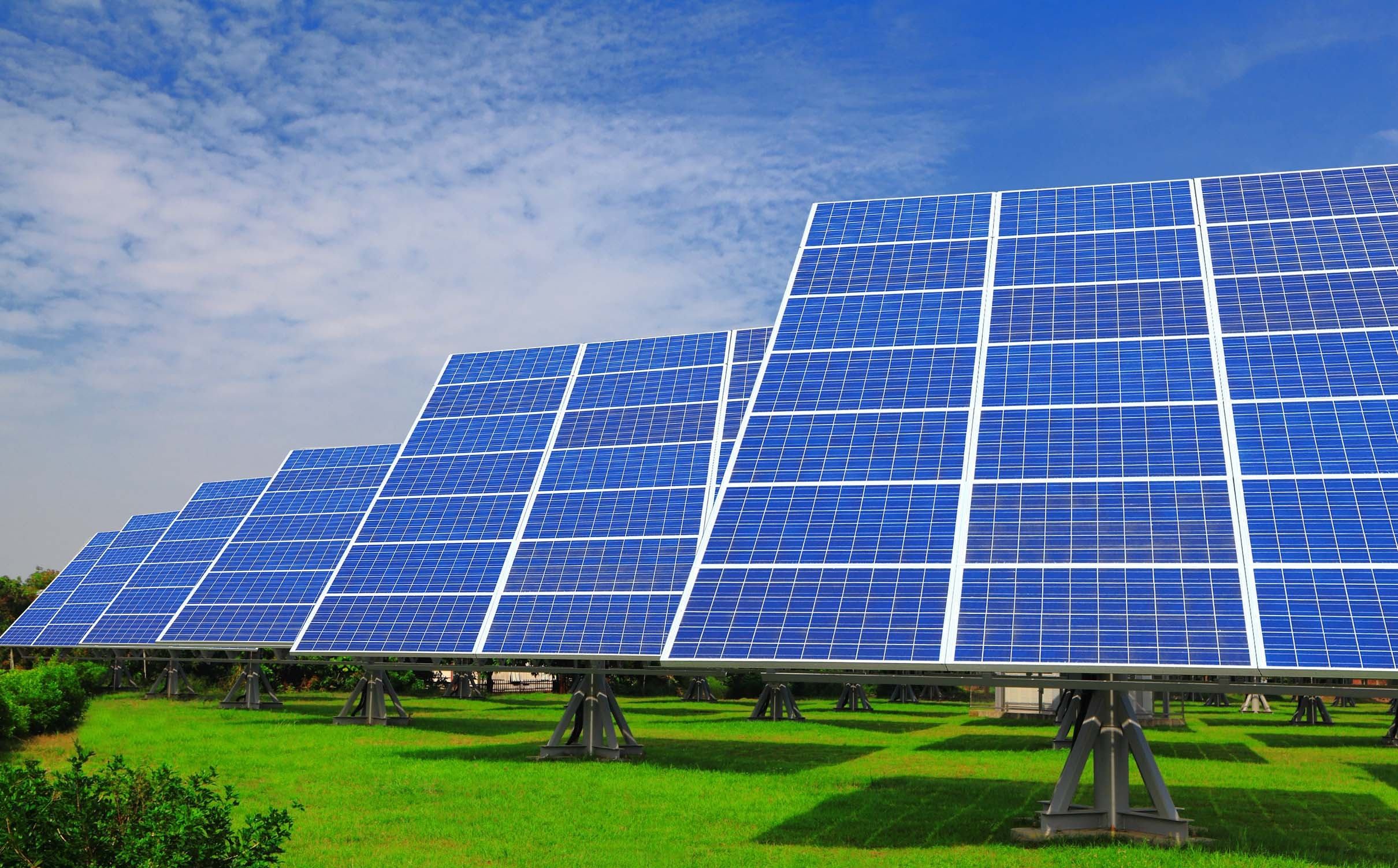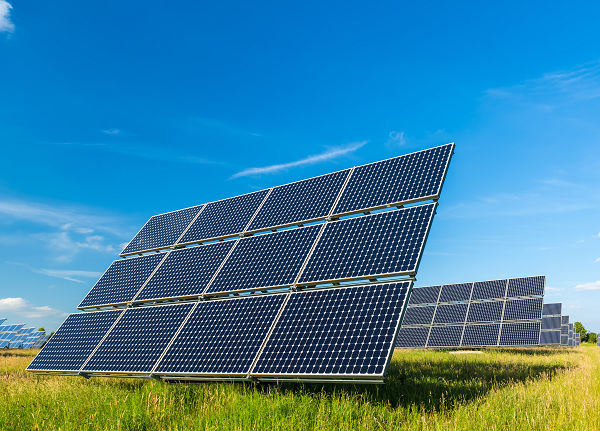Photovoltaic cells convert light directly to electricity. They were first used in space and have since become widely available in various devices, from cell phones to laptops. With the help of governments in China and Germany, they have become increasingly affordable. This is due to economies of scale and intense global competition. Lower prices spur higher demand, which drives the price of solar cells down even further. In recent years, more people are choosing to convert their homes to solar energy.
The sun’s surface is around 6,000 degrees Fahrenheit, but its outer layer, known as the corona, is 1,000 times hotter. The corona is also highly active, with particles constantly being flung into space. The particles ejected from the corona travel throughout our solar system. During the burning process, the sun produces complex swirls of particles. These particles are made up of mainly electrons and protons and are traveling at around a million miles per hour.
Homeowners can save money and the environment with solar energy. Solar panels are marginally more expensive than utility electricity. This means that installing solar panels may not be financially feasible for some homeowners. Still, many people will choose solar energy to avoid expensive energy bills and promote a green lifestyle. However, it is important to weigh the pros and cons of each option before deciding to make a decision. Once you know your needs and budget, you can begin the process of figuring out the best solar energy option for your home.
The sun is an endless source of energy. A single hour’s worth of sunlight can meet the world’s energy needs for a year. This energy is converted to electricity using photovoltaic panels, and stored in batteries or thermal storage. As the sun’s energy increases, solar panels become increasingly popular in homes and businesses worldwide. However, solar panels are not only an attractive option for homes and businesses, but are also used for large scale power stations.
The solar panels are just one component in a complex network of components that harness the sun’s renewable energy. Once converted to electricity, they can power appliances and other gadgets instantly. Heat generated by solar cells can also be stored in tanks to be used later. This is especially beneficial if you want to heat water, but don’t have much space to accommodate the solar cells. The advantages of solar power go far beyond energy savings. The system is incredibly versatile and easy to install.
However, solar power is not perfect. While the sun provides abundant sunshine, its availability varies greatly. It can be difficult to utilize solar energy in some regions of the country due to long winters. In those areas, photovoltaics that follow the position of the Sun can increase their efficiency. Additionally, solar panels are affected by clouds. Clouds block sunlight, reducing the amount of energy they can absorb. However, they are still a viable option in many areas of the country.
Solar energy harnesses heat and light from the sun to produce electricity. Solar energy is one of the most renewable sources of energy. The U.S. has some of the richest resources of solar energy in the world. Solar technologies harness solar energy for a variety of uses, including electricity generation, light and thermal heating for domestic use. The benefits of solar energy are many. It is free, environmentally friendly, and infinite. It is the future of energy, and its potential is endless.




